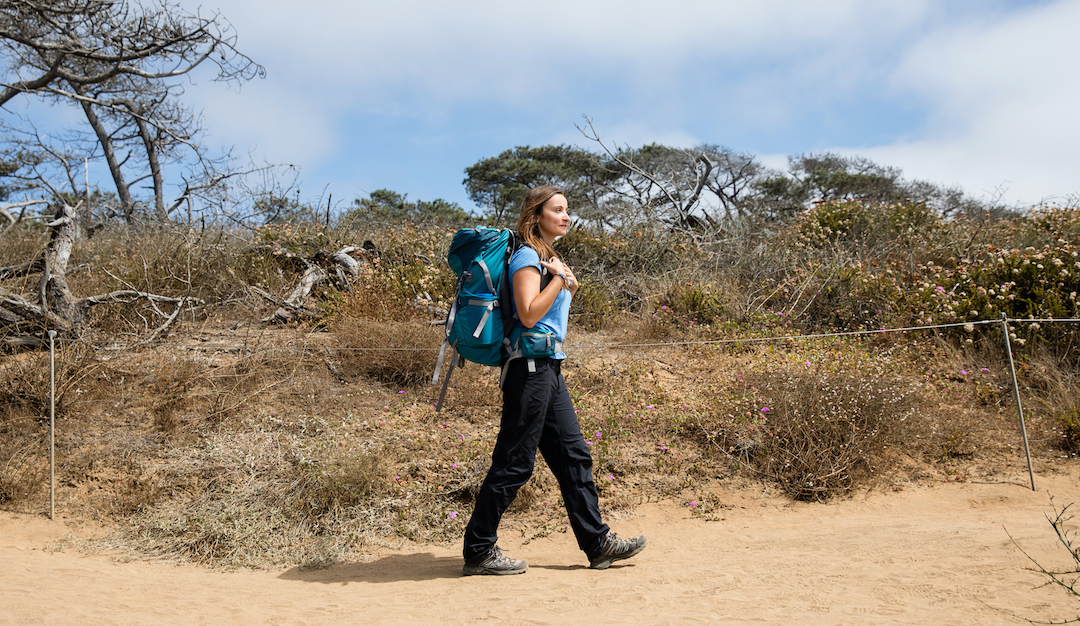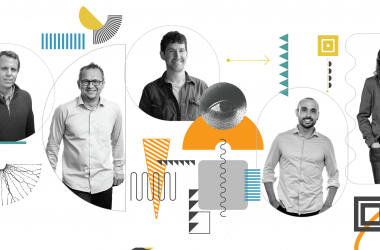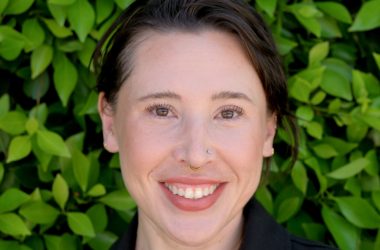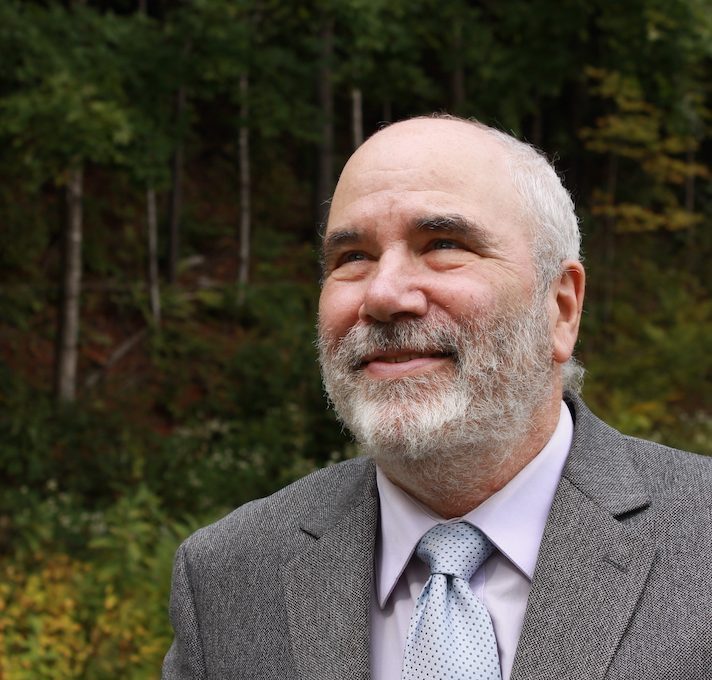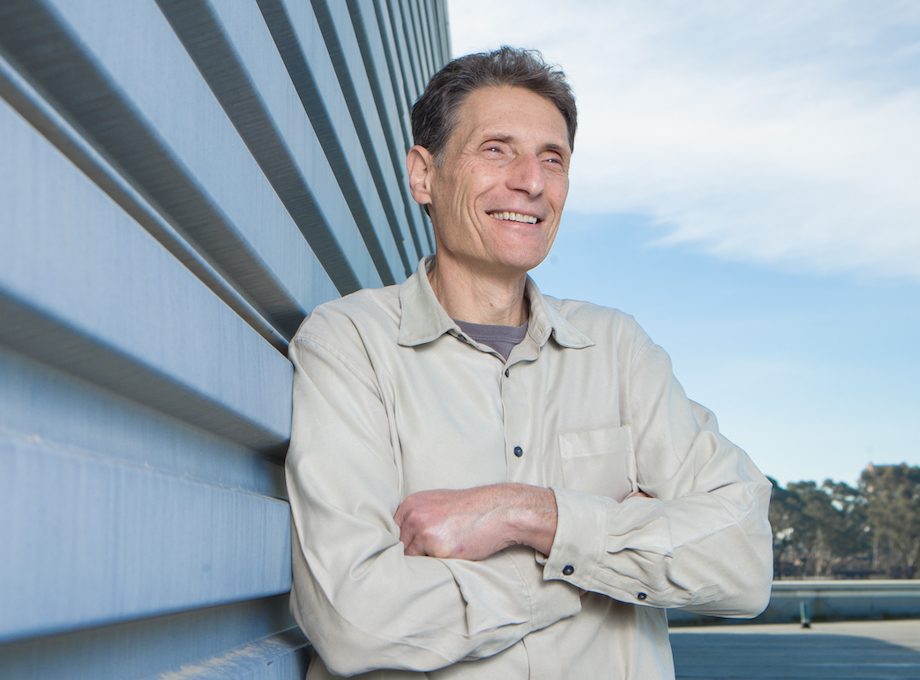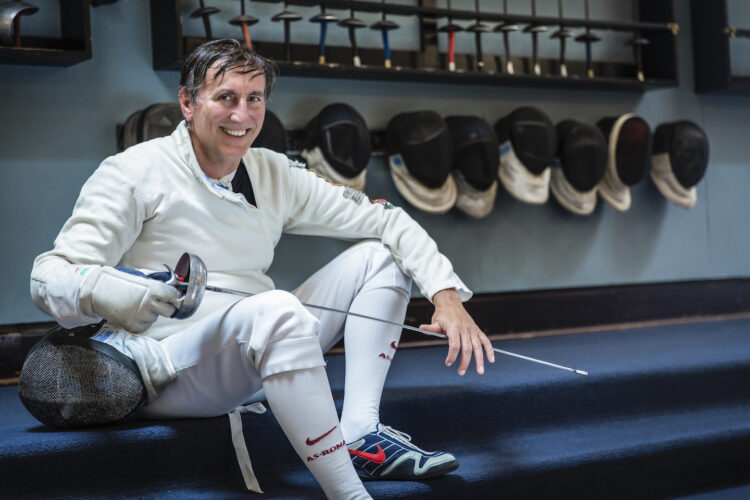When La Jolla Institute (LJI) postdoctoral researcher Julie Burel, Ph.D., isn’t in the lab, she’s adventuring. She’s gone diving in Australia and hiked all over the world. A recent trip to Colombia included a four-day high-altitude trek in the Paramo, a unique alpine tundra ecosystem in the Northern Andes.
But it was a vacation to the South Pacific nation of Vanuatu that really stuck with Dr. Burel. “It’s a fantastic place,” she says. Her backpacking group stopped in a village, and Dr. Burel—who is originally from France—found the people there spoke a little French. Dr. Burel quickly made friends with a local teacher, and her group was welcomed by the chief.
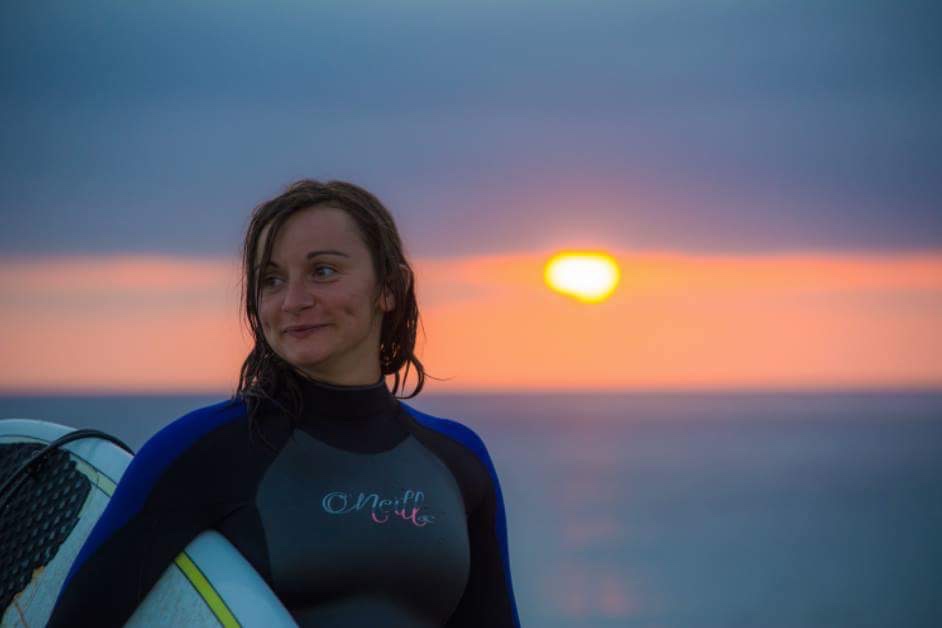
Walking through the village, Dr. Burel saw what looked like a grave. A child had recently died of malaria, she was told.
Dr. Burel’s research focuses on better understanding immune responses to infectious diseases to improve diagnosis, treatment, and vaccine efficiency. She stared at the grave. This is why I’m doing what I’m doing, she thought.
Although she is still early in her career, Dr. Burel’s work has already forced immunologists to look more closely at how the body responds to infections. Earlier this year, Dr. Burel and her mentor, Bjoern Peters, Ph.D., Professor in the Vaccine Discovery Division, published a study in the journal eLife showing that monocytes and T cells, two key cell players in the immune system, appear more likely to stick together as “doublets” when the body is facing a threat, such as tuberculosis or dengue fever.
Dr. Burel thinks that looking for this signature in the blood could help doctors more quickly diagnose deadly diseases, and highlight which patients are more likely to face severe disease progression or treatment failure. She says LJI is uniquely set up to encourage her to pursue these kinds of unexpected discoveries. It’s a place where collaboration makes every project stronger. For example, Dr. Burel’s research often takes her down to LJI’s Flow Cytometry Core, where the team seems just as excited as her to see new data.
“You have a sense of community because of the Institute’s small size,” says Dr. Burel. “Everything you need is on site. There are strong core facilities, and you have a lot of communication between the administration teams and the research teams. That’s really important.”
LJI’s generous donor community has fueled this work. In 2019, Dr. Burel received $25,000 in unrestricted research funding through the Tullie and Rickey Families SPARK Awards for Innovation in Immunology. The SPARK Program allows researchers to pursue bold ideas that traditional funding agencies often see as too risky.
LJI has found that this research often leads to unexpected breakthroughs, such as Dr. Burel’s “doublet” cell findings, so donors have stepped in to make SPARK funding available to early career scientists.
he SPARK Program was Dr. Burel’s first experience in earning grant money. She said she learned a lot from presenting her work to non-scientists during the award selection process. “I think communicating with the public is really important, and scientists don’t do it enough,” Dr. Burel says.
Dr. Burel’s next goal is to dive into one of the biggest questions in immunology: Why are some people able to fight off infections while others are not? To answer this question, researchers need to know more about the mechanisms driving immune system variability. Dr. Burel wants to know exactly what goes wrong in some patients. Which immune cells aren’t working? “That’s very important for us to know to do more personalized medicine,” Dr. Burel says.
Malaria is a good example of this variability. Most people can control the disease and may just experience a bad fever. But the disease can prove deadly for pregnant women and children, who may not have as strong an immune system.
Tuberculosis is another example. Most people can control the disease in an asymptomatic stage, called latent tuberculosis. But in a small fraction of individuals, mostly those with a weakened immune system, such as children and HIV-seropositive people, the tuberculosis bacteria can develop into a deadly lung disease. Dr. Burel wants to know what to test for in the blood to predict how the body will react to the disease.
“We still don’t know how it works in most cases,” she says. “That is why we can’t have one therapeutic approach that works for everyone.”
Studying individual variability comes with the challenge of processing many, many human samples. These days, Dr. Burel spends hours hunkered down in a tissue culture room, working with samples from patients with tuberculosis. Her goal is to isolate white blood cells from the samples and analyze which specific genes are turned off and on. These gene patterns can reveal exactly how the immune system has reacted to the disease. She’s handling samples right now from patients in Peru, Sri Lanka, and South Africa. “It’s quite geographically diverse, which is important if we want to understand human variability at a global level,” Dr. Burel says. She’s also working hard to strengthen her skills in bioinformatics, a field that will help her better analyze the large datasets that come from her research.
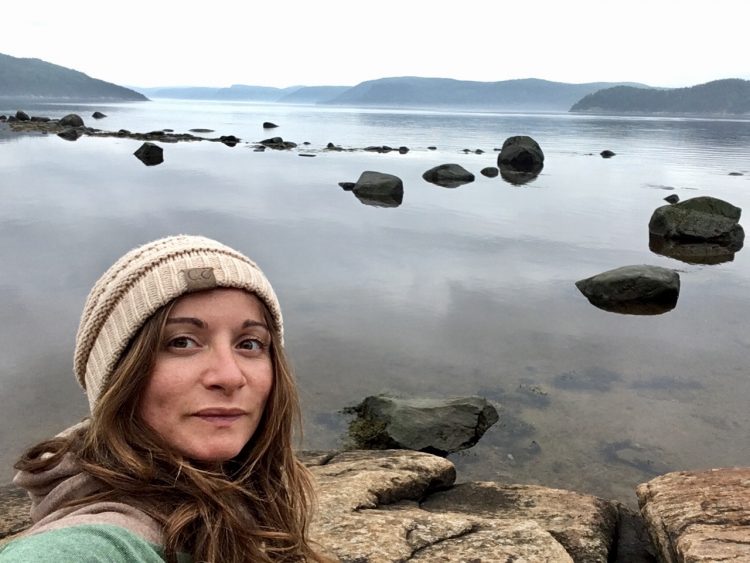
“LJI lets you really focus 100 percent on doing research,” says Dr. Burel. “I think that’s what makes this place really successful.”
As she forges ahead, Dr. Burel knows there are lives on the line. As she meets people during her travels, they often ask what she does back home.
“Whenever I tell them, they say, ‘this is good, this is helping.’”


